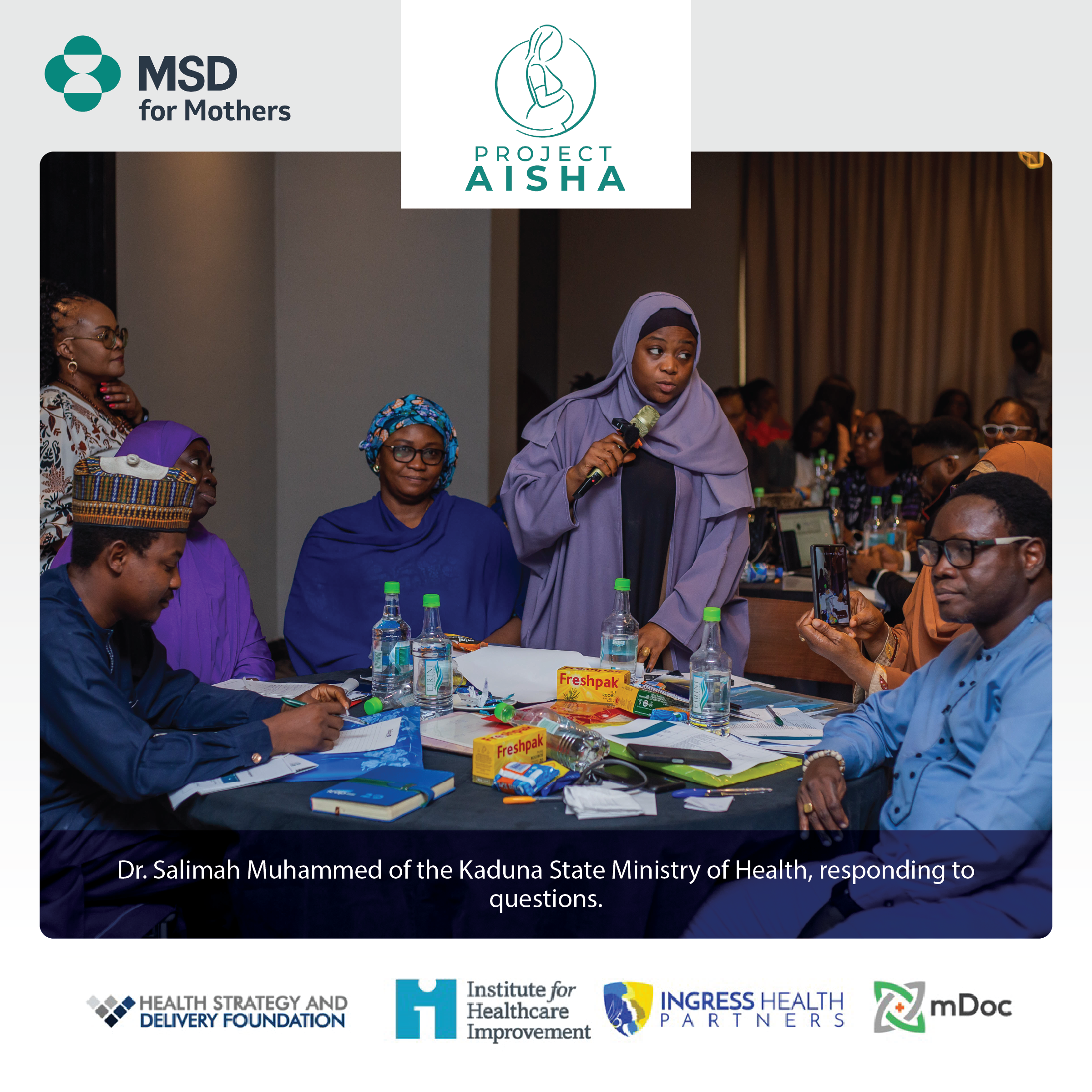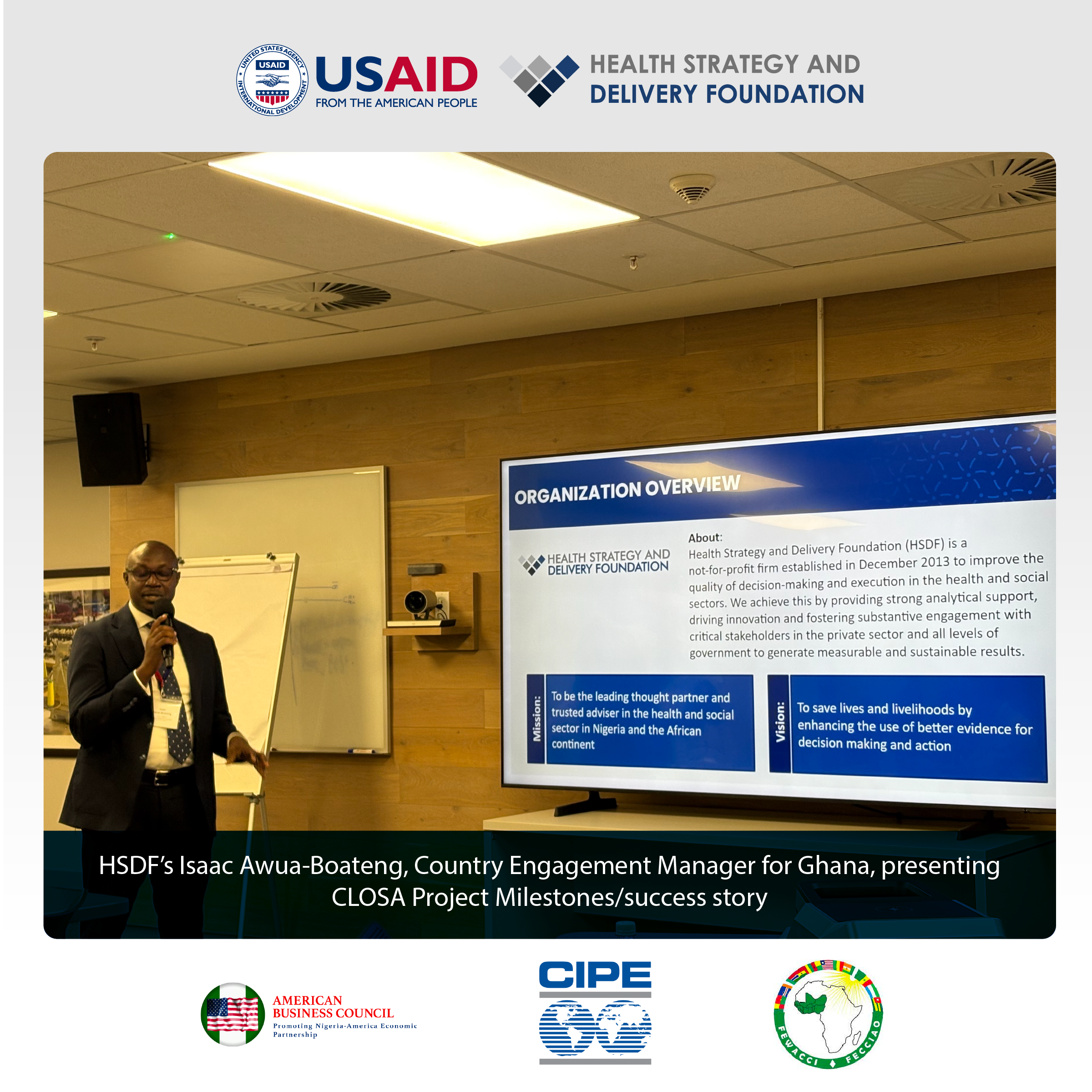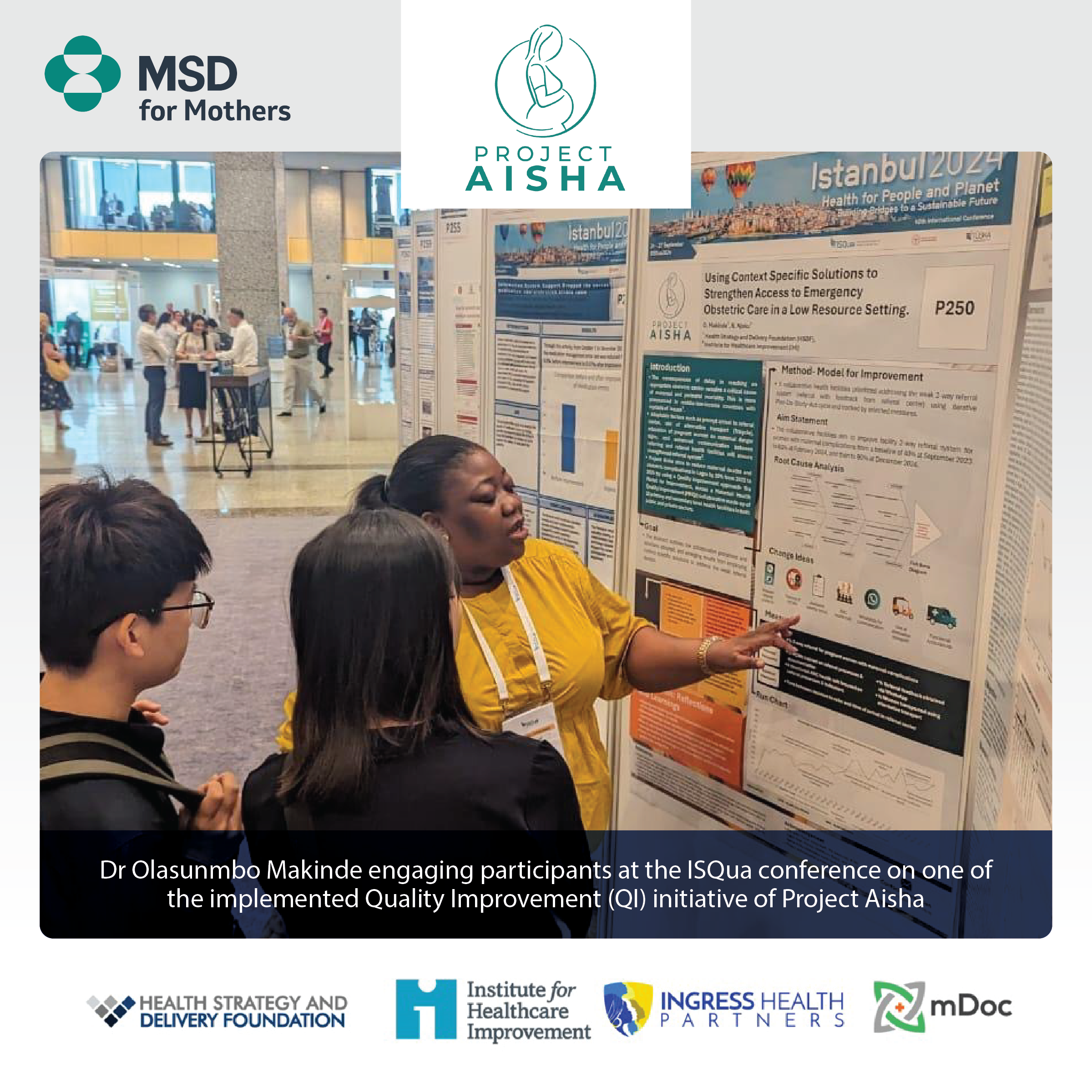HSDF Facilitates Capacity Building Sessions for FCT Health Workers on the DAC Project
Health Strategy and Delivery Foundation (HSDF), in partnership with the Federal Ministry of Health, FCT Department of Public Health (DPH), and the FCT Primary Health Care Board (PHCB), facilitated a two-day training for selected health care workers and members of the engaged community-based organization (SWODEN) on the Diabetes Awareness and Care (DAC) Project.
The two-day training held on 24th-25th March at Statement Hotel, Abuja. It had in attendance focal persons from 45 primary health facilities, one private facility, and seven general hospitals, selected from Abuja Municipal Area Council (AMAC), and Bwari Area Council, FCT.
The first day of the training covered a breadth of topics, ranging from an overview of Diabetes (pathophysiology, types, complications, risk factors, signs and symptoms, risk assessment, and screening) to counseling and education on Type 2 Diabetes Mellitus risk reduction (nutrition, alcohol tobacco and exercise).
The training sessions were led by three endocrinologists- Professor Felicia Anumah from the University of Abuja Teaching Hospital, Dr. Henry Onyebutulum from Asokoro General Hospital, and Dr. Bashir Minjinyawa from Gwarinpa General Hospital. Additionally, representatives from the FCT DPH, FCT PHCB & HSDF facilitated certain segments of the training.

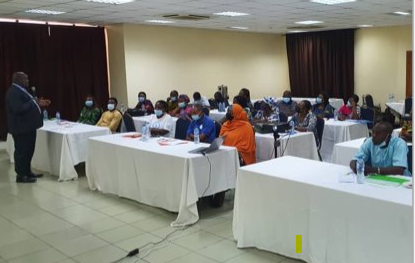
On the second and final day of the refresher training, Monitoring &Evaluation officers, alongside health workers and CBO representatives, were trained on how to accurately fill all reporting tools, including the NCD screening register, treatment register, monthly summary forms, and client intake forms.
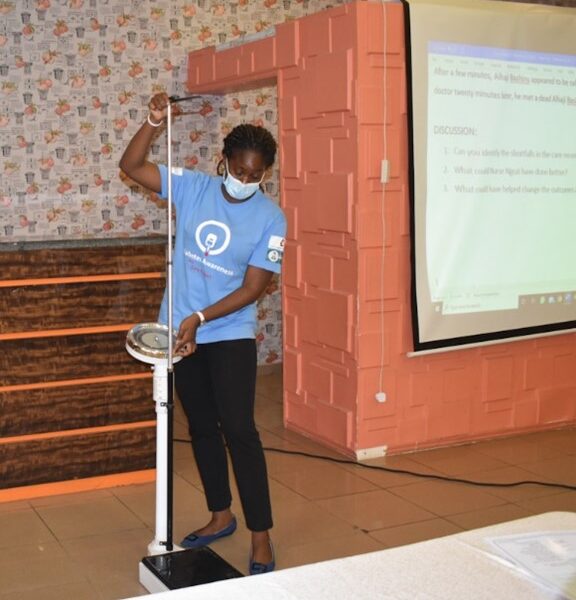

Furthermore, the training included several practical sessions and used case studies to promote the participant’s learning experience. To ascertain levels of assimilation, participants wrote pre-tests and post-tests.
The training concluded with the handover of medical equipment, information, education communication materials, job aids, National Health Management Information tools (NHMIS), and consumables to all health facilities present.
This exercise was necessitated following the high attrition rate of health workers in the 54 primary health facilities engaged in the DAC project in the FCT. Also, secondary health facilities were involved for the first time to strengthen referrals from primary health facilities and ensure a continuum of care.
Recent News
Grants and Business Development Specialist
We are seeking a highly motivated and experienced Grants and Business Development Specialist to join our organization. The successful candidate will be responsible for identifying funding opportunities, developing grant proposals, and fostering partnerships with potential donors and stakeholders (regional and global). This role plays a vital part in securing funds and resources to support our organization’s mission and projects.
Apply NowPublic Health Consultant, Guinea
The consultant (working with the Accelerator team) will collect results from the tool, organize a meeting with stakeholders to discuss results from the tool, and produce a report on key findings and recommendations from the tool to be shared publicly.
Apply NowPublic Health Associate, Senegal
We are currently in search of an experienced Public Health professional in Senegal to work on the anticipated Nutrition Capacity Development and Financing Platform and provide technical assistance to elevate nutrition financing and strengthen local capacity to support these efforts. The Associate must be bilingual (English and French).
Apply Now
